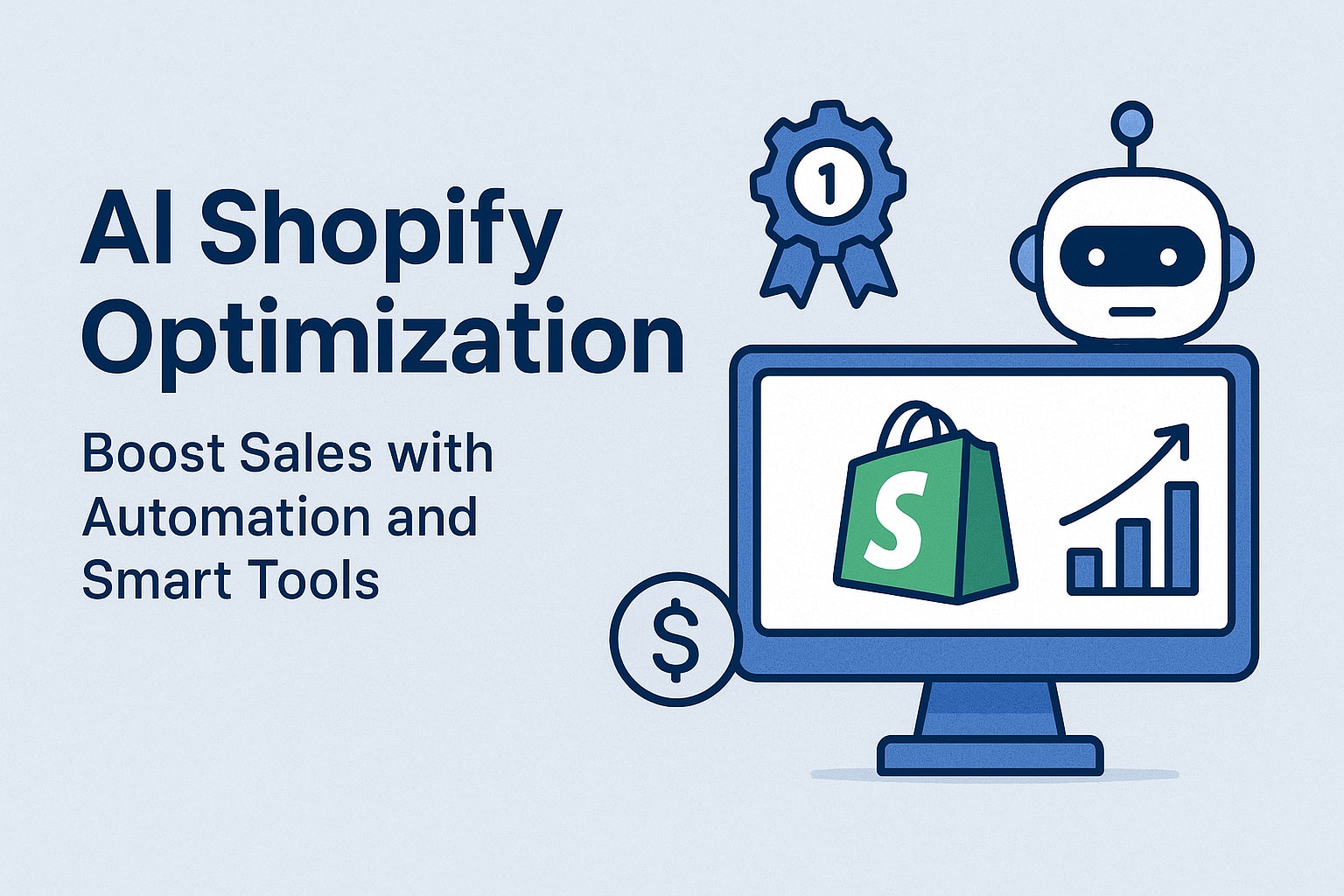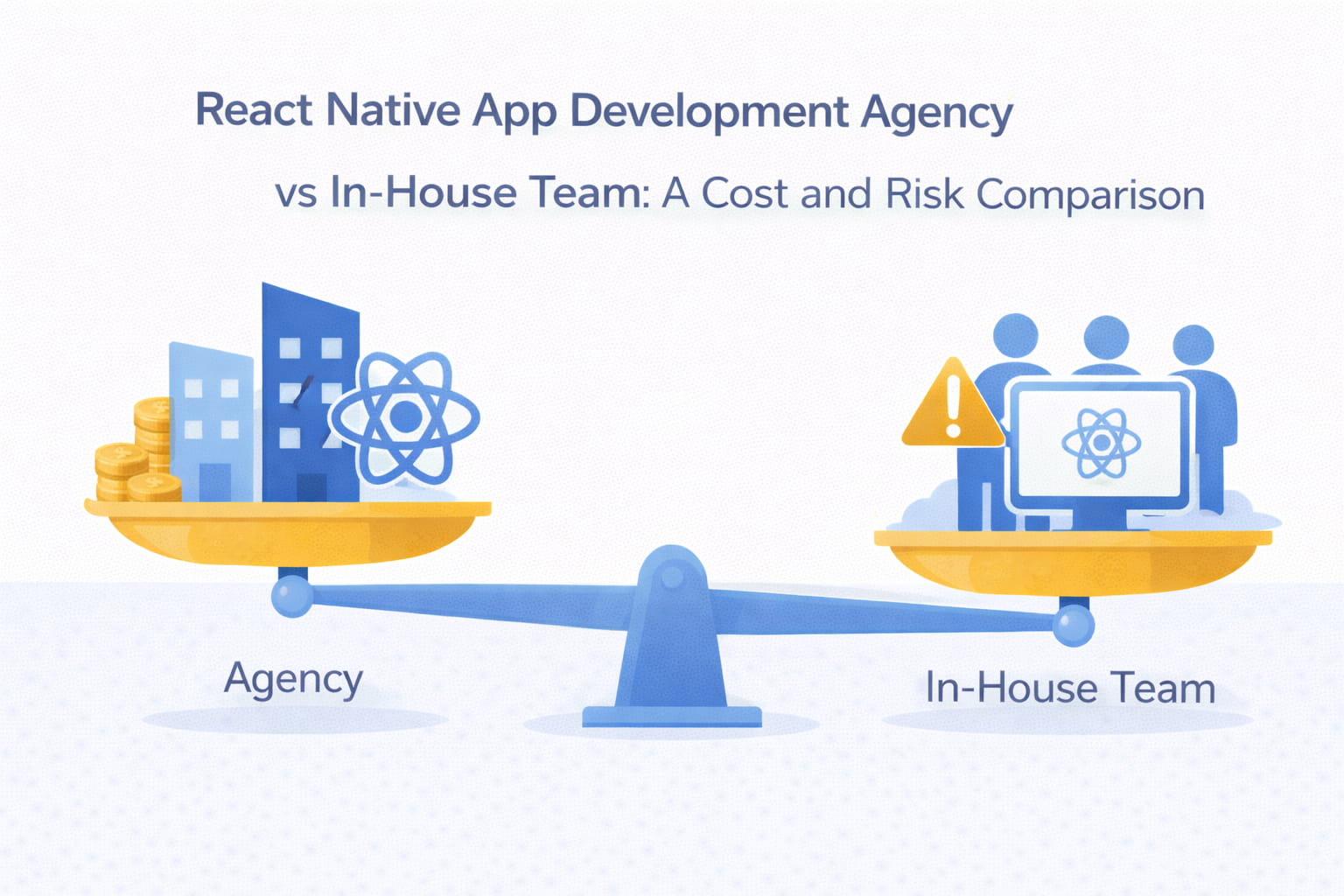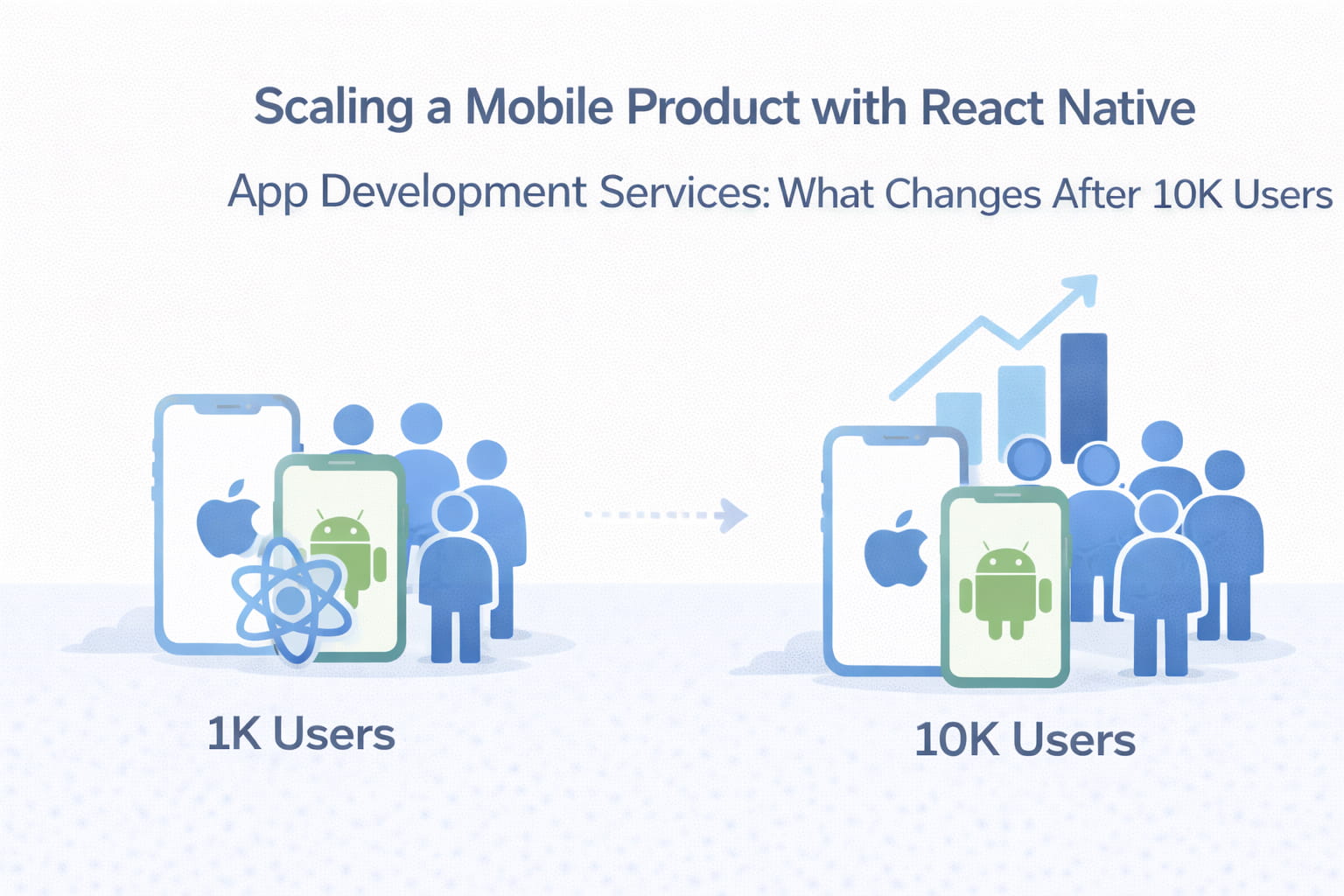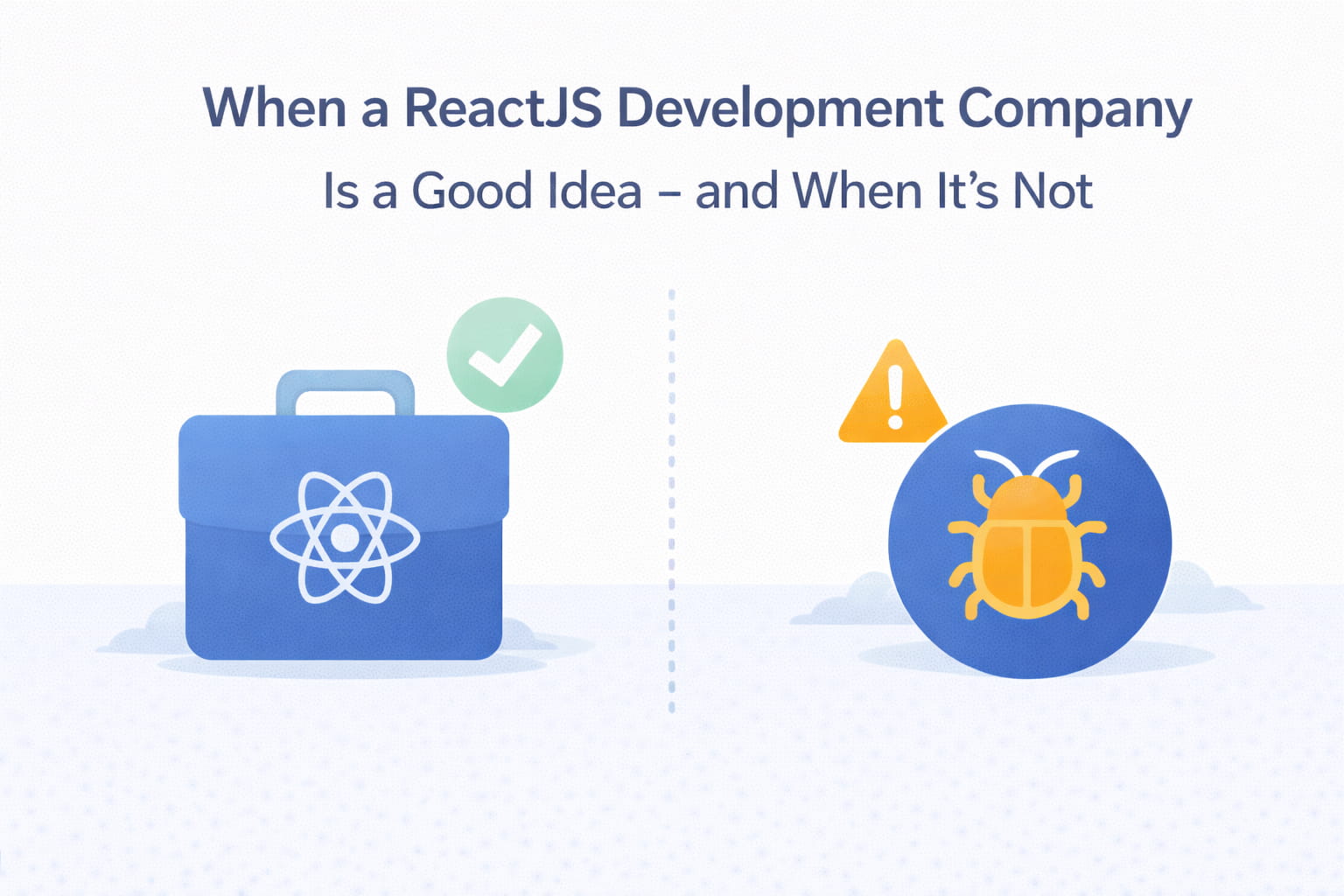To have a well-run Shopify store now, you have to do more than just build a site and list items. Since so many stores start up daily, it’s getting harder to get noticed and keep customers coming back. Common ways to grow, like ads, can be pricey and not always work well. Stores need a better plan that is quick, correct, and can handle growth. This is where AI Shopify optimization can make a real difference. That’s where AI Shopify optimization comes in.
In our previous article, we shared practical Shopify optimization tips to help you strengthen your store’s foundation. In this guide, we’ll show how AI can streamline your Shopify store, save you time, and increase sales without requiring a huge team or budget.
What is AI Shopify Optimization?
Simply put, AI Shopify optimization uses artificial intelligence to make your store smarter and more efficient. Instead of doing things like SEO, writing product descriptions, finding keywords, or checking web data by hand, AI can look at lots of info and automatically make changes.
For example:
- AI can scan hundreds of product listings to find missing keywords and optimize titles and descriptions.
- It can generate SEO-friendly copy for product pages, blogs, and meta descriptions.
- AI can even create social media posts that match your brand and link directly to your Shopify catalog.
The result? Faster updates, consistent quality, and less stress for store owners.
Why Traditional Methods Are Not Enough
Before AI, Shopify optimization was mostly a hands-on job. Store owners had to:
- Adding keywords to titles and descriptions by hand.
- Writing unique product descriptions for every item.
- Optimizing meta tags and alt texts one by one.
- Tracking analytics manually to spot issues.
- Scheduling social media posts without automation.
These steps are useful but time-consuming. Many small stores simply don’t have the resources to do them well. Paid ads can help, but they’re not sustainable due to rising competition and costs. AI provides a scalable alternative, improving your store continuously without constant human input.
Key Benefits of AI Shopify Optimization
1. Automated SEO Improvements
AI scans your product pages, fixes meta issues, and optimizes internal links to boost search rankings automatically.
2. Smarter Product Listings
Poor product descriptions can kill sales. AI generates keyword-driven copy, highlights features with bullet points, and adds persuasive calls to action. Plus, it scores each listing against best practices.
3. Real-Time Analytics and Adjustments
AI doesn’t just give numbers – it identifies patterns in customer behavior and suggests improvements to boost conversions.
4. Social Media Integration
AI does more than just make your store better; it also works with your marketing spots. By taking data from your product lists, AI creates posts for Instagram and Facebook that have hashtags, captions, and images all ready to go. You can put these out right away, which saves you many marketing hours each week.
5. Bulk Updates
Whether a store has 10 products or 10,000, AI can update them in bulk. Titles, tags, and descriptions can be refreshed across the catalog within minutes, something impossible to achieve manually without a large team.
AI Shopify Optimization at Work
Imagine a store with 200 products. Traditionally, optimizing titles, descriptions, and keywords could take weeks. With AI:
- Connect your product catalog to the AI system.
- AI reviews each product and generates optimization reports.
- Changes are applied automatically across all listings.
- Each page improves SEO scores by 30–50%, driving more traffic and higher sales.
The result is increased organic traffic, better visibility, and higher sales – all without the need for costly ad campaigns.
Practical Tips to Increase Shopify Sales with AI
- Focus on SEO First
Ensure all product pages have optimized titles, descriptions, and keywords. AI makes this faster and more accurate. - Use AI to Help with Content Writing
Let AI generate product descriptions and blog content, but always review for brand consistency. - Use Analytics to Get Ahead.
AI can spot underperforming products and suggest improvements, helping you act before sales drop. - Automate Social Media Marketing
Connect AI to Instagram and Facebook to keep a consistent posting schedule without extra effort. - Test and Check
AI gives suggestions, but human oversight ensures changes align with customer behavior and brand strategy.
The Future of Shopify Optimization is AI
In today’s competitive e-commerce world, efficiency and scalability are key. AI Shopify optimization is no longer a luxury – it’s essential. For Shopify businesses that want to increase sales, improve efficiency, and secure long-term success, embracing AI-powered optimization is the smartest move forward.
At Digital Octane, we help businesses implement AI tools so Shopify stores can reach their full potential. By combining automation, smart analytics, and expert guidance, your store can boost sales, save time, and stay ahead of the competition.



